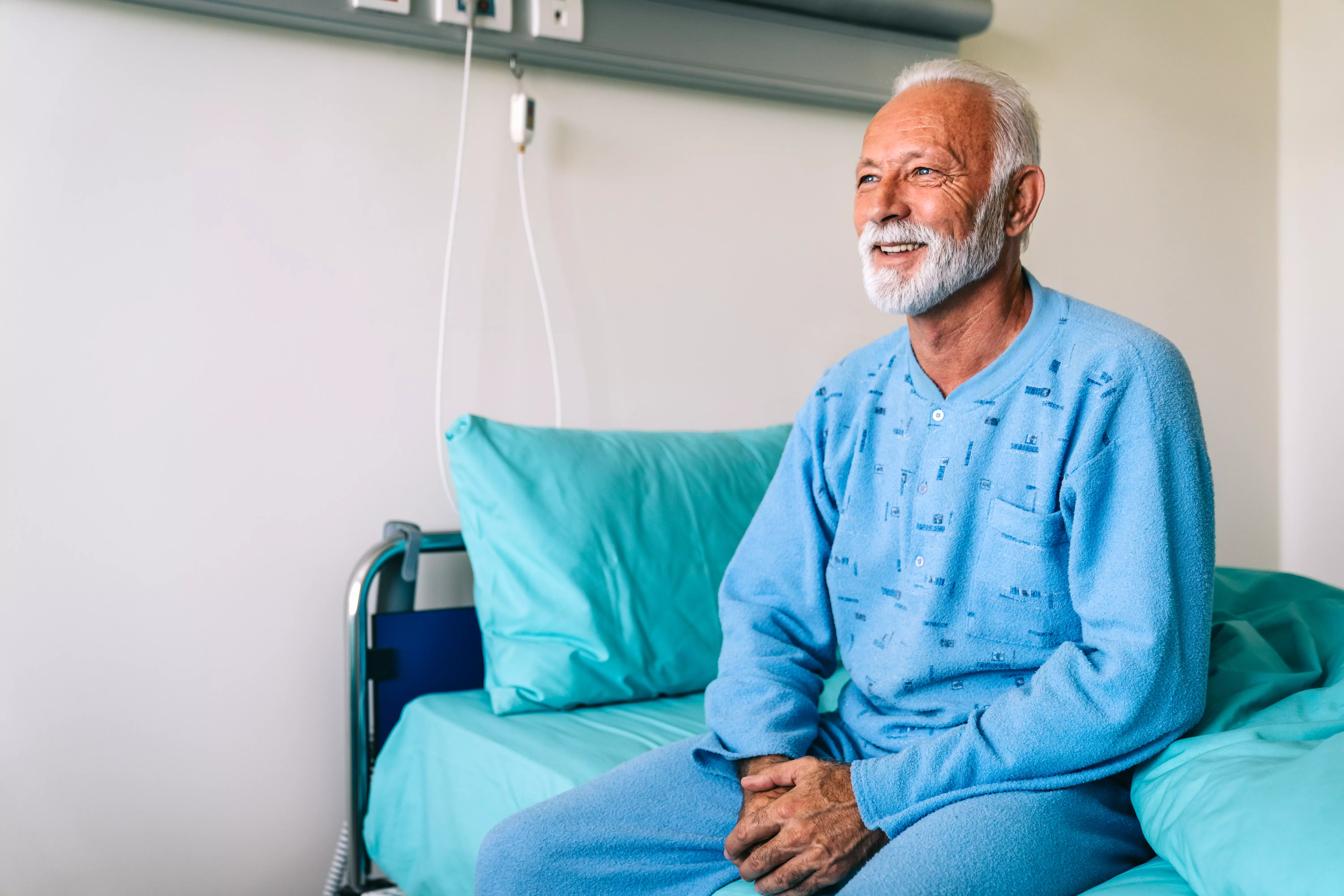Patient stories: living with colorectal cancer
Introduction to the topic of colorectal cancer
Colorectal cancer is one of the most common types of malignant tumors in the world. Every year, thousands of people learn of their diagnosis, which often changes their lives in ways they can only imagine. The stories of patients who are living with colorectal cancer can be a source of inspiration and hope, but they also show the difficulties they face. In this article, we'll take a look at a few such stories that can help you understand this complex reality.
Understanding the diagnosis and its impact on patients
A diagnosis of colorectal cancer is often a shock to patients and their loved ones. In one case, Maria, a 45-year-old mother of three, recounts her first experience with the diagnosis. When I heard the word 'cancer,' my world collapsed. I thought I had spared my children this kind of pain, she recalls.
Many patients describe the feelings of fear and uncertainty that accompany them after hearing the diagnosis. There are questions about treatment, the future and the possibility of losing loved ones. These thoughts can be overwhelming, but over time many people learn to cope with these emotions.
Deciding on treatment
Once a diagnosis is made, patients must make key decisions about their treatment. Tom, a 60-year-old retiree, talks about his choice. I talked to doctors and researched various options. I decided on chemotherapy, even though I knew it would be difficult for me, he says.
Deciding on treatment can be difficult because each case of colorectal cancer is different. Some patients opt for surgery, others for radiation therapy, and still others seek oncological treatment. The choice is often dictated by both the condition and the patient's personal preferences.

Emotional and mental support
The support patients receive from loved ones is invaluable. Anne, a young woman who discovered during the course of her illness the great importance of interpersonal relationships. Without my family and friends, I would be at the bottom. Sometimes a simple conversation was more powerful than any medication, she says.
Not only loved ones, but also support groups play an important role in the recovery process. Many people take advice from psychologists to better cope with the emotions associated with the disease.
How to live with colorectal cancer?
Living with colon cancer is a daily struggle, but also a source of many new experiences. Many people like Peter, a 50-year-old patient, who have gone through difficult treatments, find new passions and goals. I have learned to enjoy every moment, even simple things like a walk in the park he says.
Patients often try to make changes in their lifestyle, including a balanced diet and regular physical activity. I discovered the importance of eating healthy. I stopped eating processed food and started cooking healthy meals, Peter adds.
Challenges of everyday life
Despite the positive changes in life, daily life with colon cancer also brings many challenges. Tolerance to treatment, relapse, and changing perceptions of health can be difficult to accept. Sometimes I feel tired and overwhelmed. This is normal, admits Tom.
Patients also sometimes feel anxious about their next checkup and medical appointments. It is important to be able to share these emotions, and to get help during difficult times.
Hope for the future
Although colorectal cancer can be a devastating diagnosis, many people choose to fight for their lives and health. I don't give up, even when things are bad. My goal is to live and inspire others says Ania, who has become an activist for colorectal cancer awareness.
Patients not only fight for their lives, but also share their experiences to help others who may be facing similar problems. This shows how strong the human will to survive and sacrifice for others is.
Ending
The stories of patients living with colorectal cancer are full of both difficulties and efforts to make positive changes. They teach us the importance of emotional support, treatment options and lifestyle. Each story is unique, but the common denominator is the ongoing struggle for health and a future. Sometimes all this struggle leads to the discovery of life's values, which may escape our attention in the daily grind.
